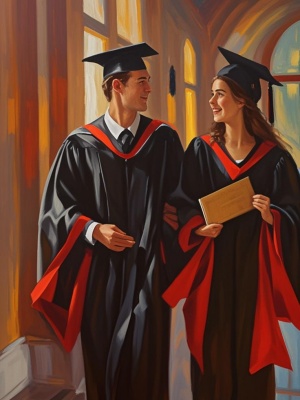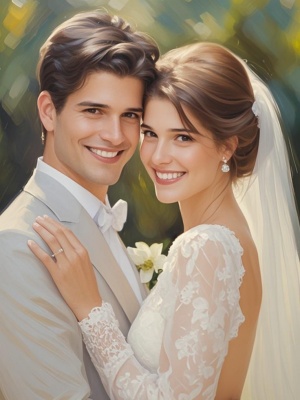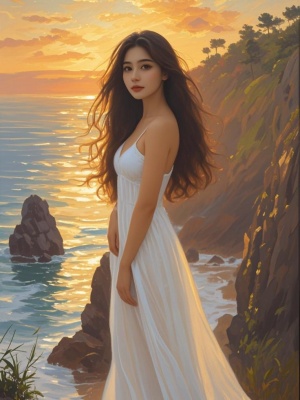The Timeless Allure of Vintage Oil Painting Portraits
Introduction: The Enduring Charm of Vintage Portraiture
Vintage oil painting portraits represent a fascinating intersection of art history, personal legacy, and technical mastery. These works capture not just physical likenesses but the very essence of their subjects through the distinctive brushwork and color palettes of their eras. From Renaissance masters to 19th-century society portraits, vintage oil portraits continue to captivate collectors and art enthusiasts alike.
In today's digital age, there's a growing appreciation for the craftsmanship and permanence of traditional oil portraiture. Many are turning to services that can transform modern photographs into vintage-style oil paintings, blending contemporary convenience with classical artistry. For those interested in exploring this transformation, our portrait to art conversion guide offers valuable insights.
The Historical Significance of Vintage Oil Portraits
Evolution Through the Centuries
Oil portrait painting has evolved significantly since its development in 15th century Europe:
- Renaissance Era (1400-1600): Characterized by religious symbolism and idealized beauty
- Baroque Period (1600-1750): Dramatic lighting and emotional intensity
- Rococo Style (1730-1780): Delicate, playful compositions with pastel tones
- 19th Century: Greater realism and psychological depth
Technical Mastery in Vintage Works
Traditional oil portrait artists employed techniques that created remarkable durability and visual effects:
- Layer painting (fat over lean principle)
- Glazing techniques for luminous skin tones
- Impasto brushwork for texture
- Careful varnishing for protection
Identifying Authentic Vintage Oil Portraits
For collectors, distinguishing genuine vintage works from reproductions requires careful examination:

Problem: Many modern reproductions mimic vintage styles convincingly.
Solution: Examine the painting's physical characteristics:

- Check for craquelure (fine cracks in the paint surface)
- Inspect the back of the canvas for age-appropriate materials
- Look for signs of restoration or overpainting
- Consider professional appraisal for valuable pieces
Creating Vintage-Style Oil Portraits Today
Modern artists and services offer several approaches to achieve vintage portrait effects:

Traditional Painting Methods
Some contemporary artists specialize in creating new works using historical techniques. These pieces often feature:
- Hand-ground pigments
- Traditional canvas preparation
- Period-appropriate framing
Digital to Vintage Conversions
For those seeking a more accessible option, AI-powered tools can transform photographs into vintage-style portraits. Our AI painting guide explains how these technologies work while maintaining artistic integrity.
Preserving and Restoring Vintage Oil Portraits
Proper care is essential for maintaining these valuable artworks:
Problem: Aging portraits often develop issues like yellowed varnish or flaking paint.
Solution: Professional conservation approaches include:
- Surface cleaning to remove accumulated grime
- Varnish removal and replacement
- Inpainting damaged areas with reversible materials
- Climate-controlled display environments
Conclusion: The Lasting Value of Vintage Oil Portraits
Vintage oil painting portraits offer a tangible connection to artistic traditions that span centuries. Whether as historical artifacts, family heirlooms, or newly commissioned works in vintage styles, these portraits continue to hold significant cultural and personal value.
For those inspired to create their own vintage-style portraits, whether through traditional painting or modern AI-assisted methods, the result can be a timeless piece that bridges past and present. Explore our gallery to see examples of how contemporary technology is being used to preserve and reinterpret this classic art form.
To learn more about historical painting techniques, visit authoritative resources like The National Gallery or The Metropolitan Museum of Art.